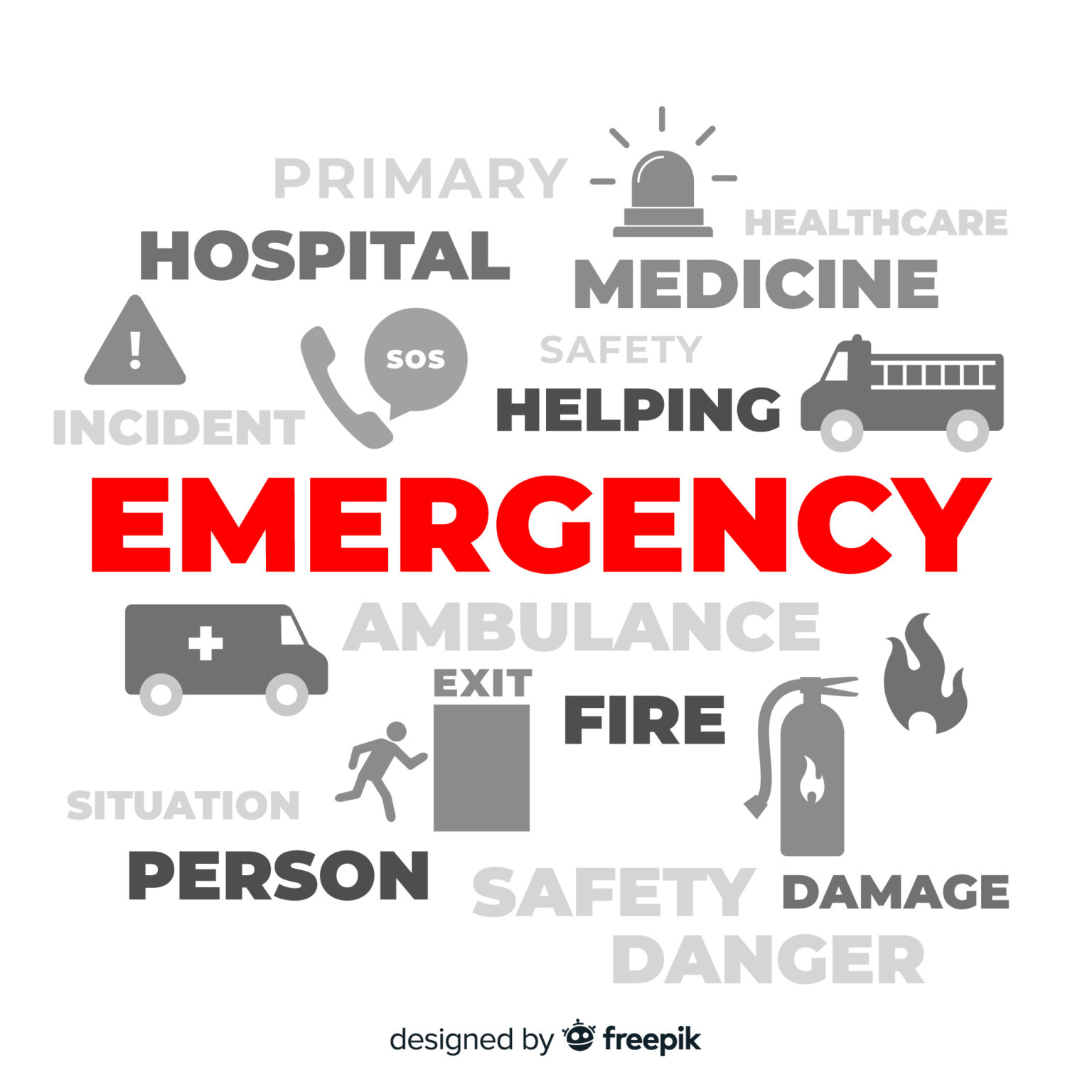Life has a way of throwing curveballs when you least expect them. And when my husband needed help during a crisis, I realized just how strong we could be together. There’s something about facing tough times that brings out the best in people—if you let it. Whether it’s financial struggles, health issues, or emotional breakdowns, every crisis is an opportunity to grow. But first, you need the right mindset and support system.
Let me set the scene for you. Picture this: one moment everything feels normal, and the next, life throws you into chaos. That’s exactly what happened to us. My husband, who has always been my rock, suddenly found himself needing help. It wasn’t easy, but through it all, I learned the importance of communication, empathy, and teamwork.
In this article, I’ll share my personal journey, tips on how to handle similar situations, and strategies for supporting your loved ones during tough times. Whether you’re dealing with a personal crisis or trying to figure out how to support someone else, this guide will give you the tools you need to navigate the storm.
- Victor Bowman Jail The Untold Story Behind The Headlines
- Why Jj Sports Football Shirts Are The Gamechanger For Fans And Players Alike
Table of Contents:
- Understanding What Crisis Really Means
- A Little About My Husband
- Recognizing the Signs of a Crisis
- Providing Emotional Support
- Practical Steps to Help Your Partner
- Prioritizing Mental Health During Tough Times
- Effective Communication in Crisis
- When to Seek Professional Help
- Leveraging Community and Family Support
- Lessons Learned from Our Journey
- Final Thoughts and Next Steps
Understanding What Crisis Really Means
A crisis can look different for everyone. For some, it’s losing a job; for others, it might be a health scare or a relationship issue. The truth is, life is unpredictable, and sometimes things don’t go as planned. When my husband needed help during a crisis, I realized that understanding the root cause of the problem was the first step toward finding a solution.
According to the American Psychological Association (APA), a crisis is "an emotionally significant event or a radical change in one’s life that causes instability." This instability can affect not only the person going through it but also those around them. That’s why it’s so important to approach these situations with care and understanding.
- What Does Leslie Sansone Look Like Today Discover The Queen Of Walking Workouts
- Berkley Jensen 5 Burner Gas Grill The Ultimate Grilling Experience
Here’s a quick list of common types of crises people face:
- Financial difficulties
- Health challenges
- Emotional breakdowns
- Work-related stress
- Relationship conflicts
Remember, no matter what type of crisis you’re facing, you’re not alone. Millions of people worldwide experience similar struggles, and there are resources available to help you get through it.
A Little About My Husband
Before diving deeper into our story, let me introduce you to the man who inspired this article. My husband, John, is the kind of guy who always puts others first. He’s hardworking, kind-hearted, and has a great sense of humor. But even the strongest people need help sometimes, and that’s exactly what happened to him.
John’s Background
Here’s a quick rundown of John’s background:
| Full Name | John Michael Thompson |
|---|---|
| Age | 38 |
| Occupation | Software Engineer |
| Hobbies | Gardening, hiking, and reading |
| Favorite Quote | "The only way out is through." – Robert Frost |
John’s always been a pillar of strength in our family, but even he couldn’t escape the challenges life threw his way. Keep reading to learn more about how we navigated his crisis together.
Recognizing the Signs of a Crisis
One of the hardest parts of helping someone in a crisis is knowing when they actually need help. Sometimes, people are good at hiding their struggles, and it’s up to us to pay attention to the signs. When my husband needed help during a crisis, I noticed subtle changes in his behavior that clued me in.
Here are a few red flags to watch out for:
- Mood swings: If someone seems unusually irritable, withdrawn, or anxious, it could be a sign that something’s wrong.
- Loss of interest: Pay attention if they stop enjoying activities they once loved.
- Physical symptoms: Stress and anxiety can manifest physically, causing headaches, fatigue, or insomnia.
- Withdrawal from social interactions: If they start avoiding friends and family, it might be a sign they’re struggling.
It’s crucial to approach these signs with sensitivity. Remember, everyone handles stress differently, and it’s important to respect their boundaries while still offering support.
Providing Emotional Support
When my husband needed help during a crisis, the first thing I did was offer emotional support. Sometimes, just knowing someone’s there to listen can make a huge difference. Here are some ways you can provide emotional support to your loved ones:
- Listen without judgment: Let them vent without interrupting or offering unsolicited advice.
- Validate their feelings: Acknowledge their emotions and let them know it’s okay to feel the way they do.
- Offer encouragement: Remind them of their strengths and past successes.
- Be patient: Healing takes time, and it’s important to give them space to process their emotions.
Emotional support isn’t just about saying the right words; it’s about being present and showing up for the people you care about. Even small gestures, like sending a text or making their favorite meal, can mean a lot.
Practical Steps to Help Your Partner
While emotional support is essential, sometimes practical help is just as important. When my husband needed help during a crisis, I took on some of his responsibilities to ease his burden. Here are a few practical steps you can take to support your partner:
Step 1: Create a Plan
Sit down together and outline a plan of action. Break down the problem into manageable steps and assign tasks based on each person’s strengths. For example, if the crisis is financial, you might focus on budgeting and cutting unnecessary expenses.
Step 2: Delegate Responsibilities
If your partner is overwhelmed, consider taking over some of their daily tasks. This could include household chores, errands, or even work-related responsibilities if possible. The goal is to lighten their load so they can focus on healing.
Step 3: Utilize Resources
There are countless resources available to help people in crisis. From financial counseling to mental health services, don’t hesitate to reach out for support. Many organizations offer free or low-cost assistance, so do your research and find what works best for your situation.
Prioritizing Mental Health During Tough Times
Mental health should always be a priority, especially during a crisis. When my husband needed help during a crisis, I encouraged him to seek professional support. Therapy, counseling, and even mindfulness practices can make a huge difference in managing stress and anxiety.
Here are some tips for prioritizing mental health:
- Encourage self-care: Help your partner find activities that bring them joy and relaxation.
- Practice mindfulness: Meditation, deep breathing, and yoga can help reduce stress and improve mental clarity.
- Stay connected: Encourage them to spend time with friends and family who uplift them.
- Seek professional help: If needed, recommend therapy or counseling to address deeper issues.
Remember, mental health is just as important as physical health, and taking care of it should be a top priority.
Effective Communication in Crisis
Communication is key when it comes to navigating a crisis. When my husband needed help during a crisis, we made a conscious effort to talk openly and honestly about our feelings. Here are some tips for effective communication during tough times:
- Be honest: Share your thoughts and concerns without sugarcoating them.
- Use "I" statements: Focus on expressing your feelings rather than blaming or criticizing.
- Set boundaries: Respect each other’s limits and give each other space when needed.
- Check in regularly: Schedule regular check-ins to discuss progress and address any new concerns.
Good communication builds trust and strengthens relationships, which is especially important during a crisis. By keeping the lines of communication open, you can work together to find solutions and overcome challenges.
When to Seek Professional Help
While there’s a lot you can do to support your loved ones during a crisis, sometimes professional help is necessary. When my husband needed help during a crisis, we consulted a therapist who provided valuable guidance and support. Here are some signs that it might be time to seek professional help:
- Persistent sadness or anxiety: If they’re feeling overwhelmed for an extended period, it could indicate a deeper issue.
- Self-harm or suicidal thoughts: This is a serious red flag that requires immediate attention.
- Substance abuse: If they’re turning to drugs or alcohol to cope, it’s important to address the issue before it worsens.
- Difficulty functioning: If they’re struggling to perform daily tasks or maintain relationships, it might be time to seek help.
Don’t hesitate to reach out to mental health professionals, support groups, or hotlines for assistance. There’s no shame in asking for help—it’s a sign of strength, not weakness.
Leveraging Community and Family Support
During our journey, we realized the importance of leaning on our community and family for support. Whether it’s friends, extended family, or local organizations, there’s strength in numbers. Here are some ways you can leverage community support:
- Reach out to friends: Let them know what’s going on and ask for help if needed.
- Join support groups: Many communities have groups specifically designed to help people dealing with similar issues.
- Utilize local resources: Check out community centers, churches, or nonprofit organizations for additional support.
- Stay connected: Regularly check in with loved ones to stay grounded and supported.
Remember, you don’t have to go through a crisis alone. There are people and organizations willing to help if you’re willing to ask.
Lessons Learned from Our Journey
Looking back on our experience, I’ve learned a lot about resilience, communication, and the power of teamwork. When my husband needed help during a crisis, it wasn’t always easy, but we came out stronger on the other side. Here are a few key takeaways:
- Empathy matters: Putting yourself in someone else’s shoes can make a huge difference in how you approach a situation.
- Ask for help: Don’t be afraid to reach out for support when you need it.
- Focus on solutions: Instead of dwelling on problems, work together to
- How To Play Timbiriche The Ultimate Guide For Fun And Excitement
- Burger And A Grape Snowcone The Ultimate Combo You Didnt Know You Needed


